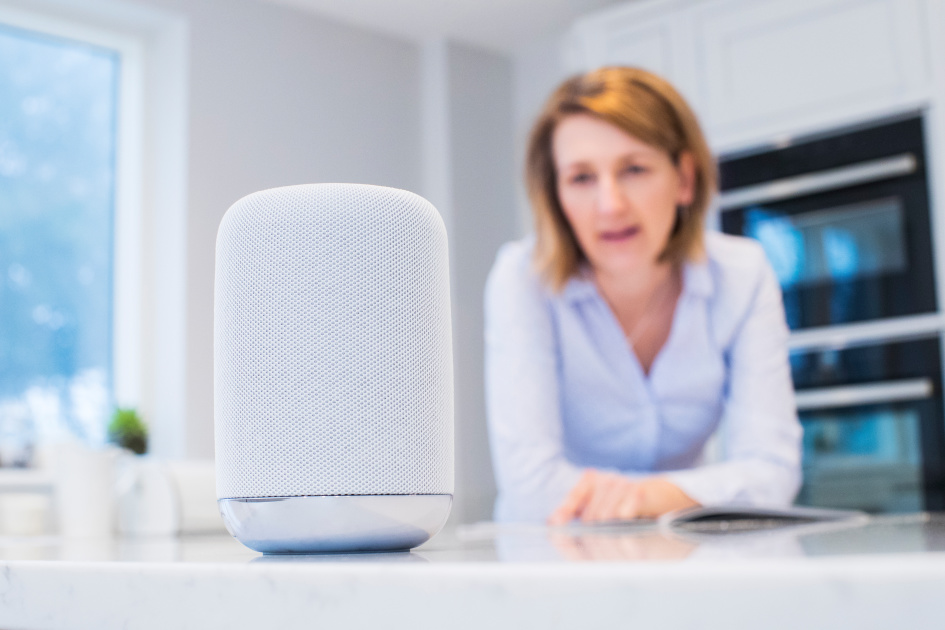This method is “lightweight,” software-based and doesn’t require sending audio data to the cloud, the researchers added.
It could be a while before you see the technology in use, although the team has publicly released code and data to help others build on their work. It’s easy to see where this might lead, at least. You could tell a smart speaker to play music without using a wake word or setting off a horde of other connected devices. It might also help with privacy by requiring your physical presence while eschewing the need for gaze-detecting cameras. In other words, it would be closer to that Star Trek vision of voice assistants that always know when you’re talking to them.

